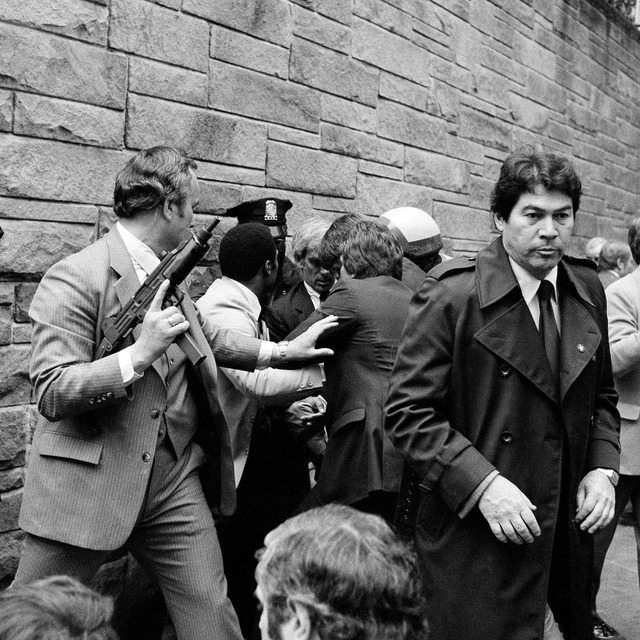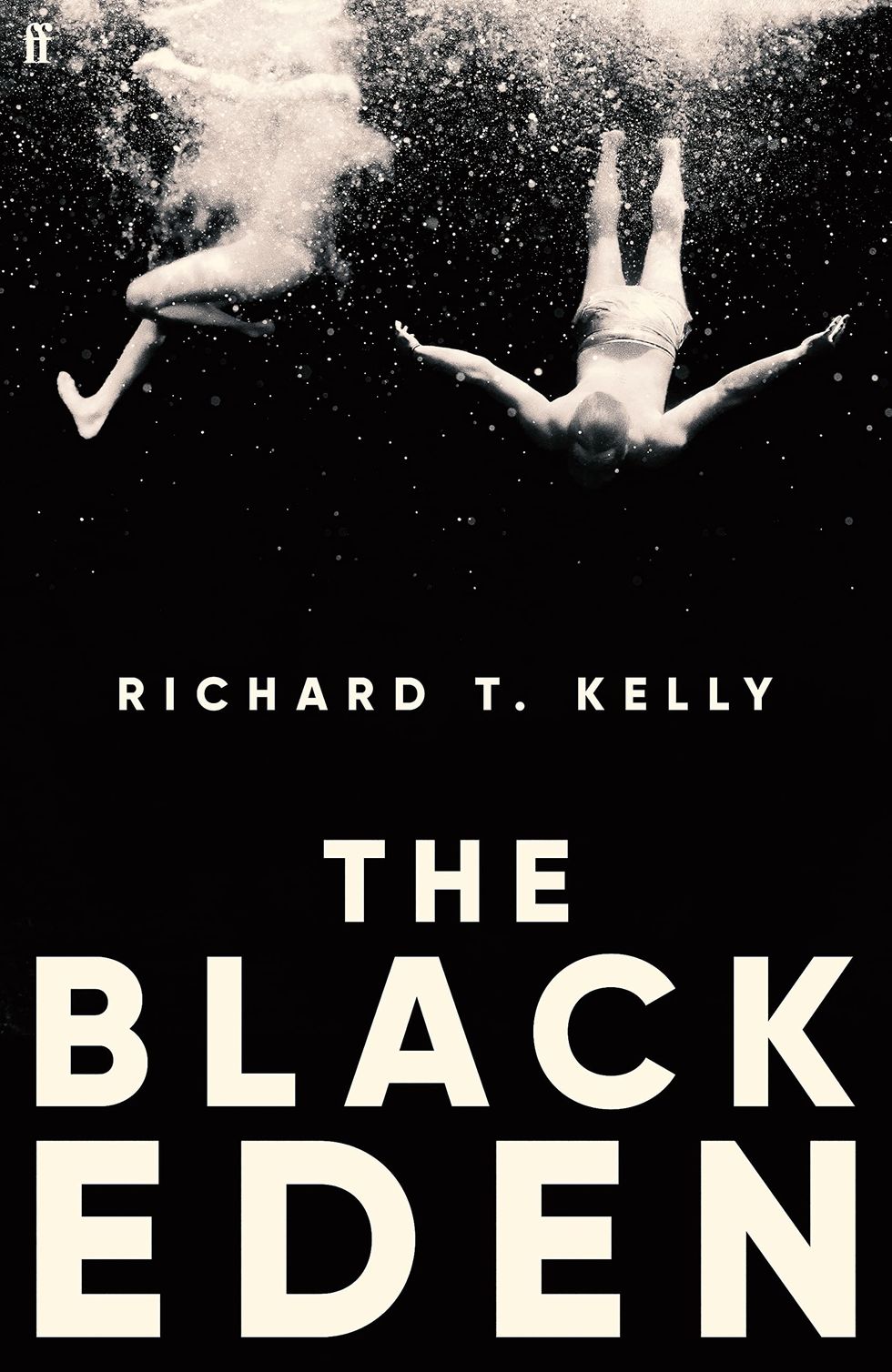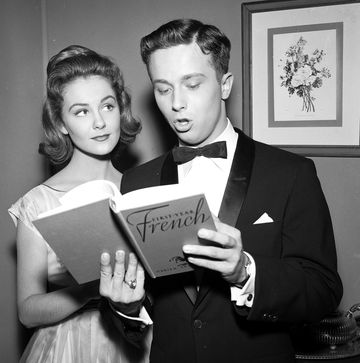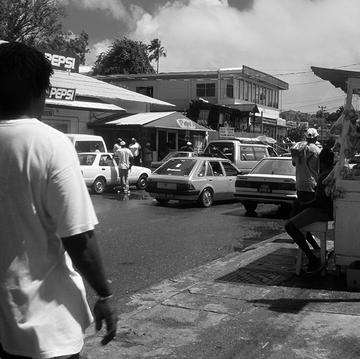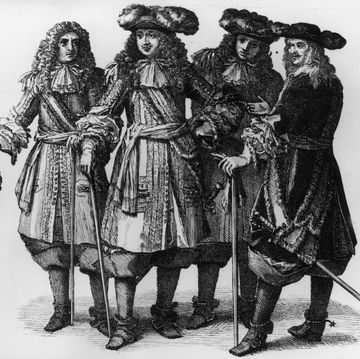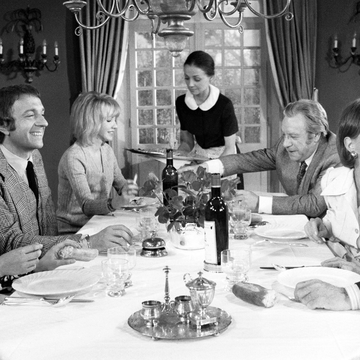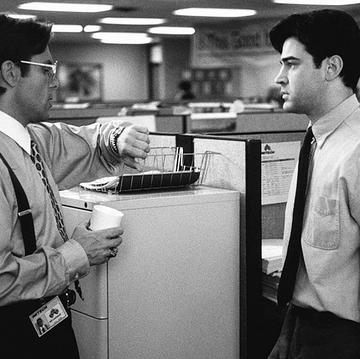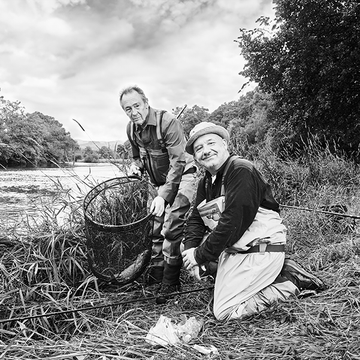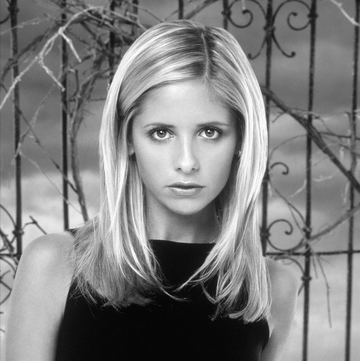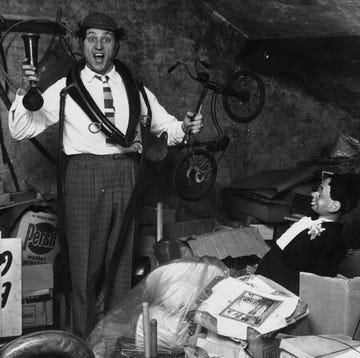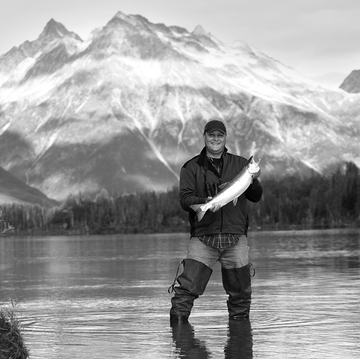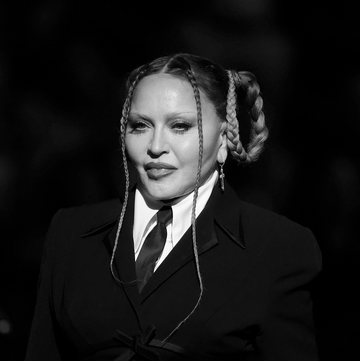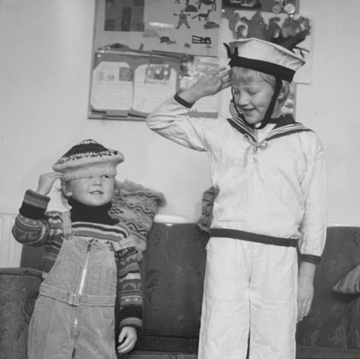This is how I once lived my dream of being hired muscle, just for a night.
A few years ago a friend of mine put together an event for a good cause, where a Movie Star would read some extracts from his favourite literature: a little cultural soirée, really, but involving a big name. And while the venue had all the proper security, my friend began to wonder on the day whether extra “close protection” might be appropriate. These are the cares owed to the famous (and why, dear reader, the aforementioned Movie Star must remain unnamed).Anyhow, such was the concern my friend shared with me on the phone: curtain going up within hours; Movie Star in the house; Large Bloke needed to lurk around Star and deter any over-friendly members of the audience.
“I’ll do it,” I said, without missing a beat.
I had the standard bouncer’s uniform: jeans, boots, bomber jacket, shaven head. Did I have the physical bulk for the job? Well, to a point: for half my life I’ve been grimly lifting barbells in the gym. But, you’re thinking: “Is that it?” What about the potential to use force? What about some martial arts? What if you stood me next to the trainer at my gym, whose neck and tattooed biceps are thick like stone rotunda, and whose taut black T-shirt says THE F*CK YOU MAKE ME?
Professional security is a serious business; I wasn’t taking it lightly. But this didn’t look like a high-pressure number. Simply, I had a friend in need. And, in some sense, I had been waiting for the call.
In my fiction I’ve always been intrigued by tough guys doing tough jobs. In my latest novel The Black Eden, those guys are oil-rig workers — roughnecks and roustabouts. In previous books it’s been soldiers, coppers, and, yes, bodyguards. I’ve studied such hard-wearing individuals for long enough to know you really can’t fake that stuff. But I’ve always wanted to live — or act out — things that I’ve researched and written about. There are creative ways to have the experience vicariously.
Consider Yukio Mishima, one of my favourite writers. Lithe and sickly as a boy, he was subsequently drawn to building a tougher carapace round his person, such that in his thirties he became a hardcore devotee of what the Japanese call bodybiru. Mishima’s American translator and gym buddy John Nathan observed his “transformation” when lifting weights as “wonderful to behold”. The learned face took on “a vapid look”: Mishima would “strut and pose”, appearing even to “think with the same synapses” as the genuine musclemen around him.
Actors do this routinely, donning the costume of character to become someone else for a while. Writers will try similar tricks, straining to imagine what it means to inhabit the clothes and the minds of others. It’s “method writing,” in a way, and it lies behind Hemingway’s maxim that a writer should have a friend in every profession.
My first novel Crusaders concerned a big, steroid-enhanced muscleman working the doors of Tyneside nightclubs. I was slightly inspired by someone I’d met years prior while working for the Edinburgh Film Festival, selecting movies and chairing talks with visiting stars, some of whom required a bodyguard; a big guy named Davie — formidable but unfailingly courteous — shouldered most of that work.
One year we hosted Sean Penn: a man very capable of handling himself, though wearily accustomed to “security details” ever since his first marriage to Madonna. I took Penn on a tour of the city, and Davie shadowed our every step among the people. But when paparazzi emerged — hairy blokes with their safari clothes and long lenses — things got tense. I found myself thinking hard, as Davie surely had been, about what was our nearest exit, and who was in the way. Then, very suddenly, Davie waded in, no messing, and cleared a path for Penn to escape. Later, he drew me aside and remarked in his no-argument manner: “I saw how you kept your eyes open back there, helping me? I respect that.” I was pleased as punch.
And that’s really all I had as bona fides in offering security services to my sceptical friend, who had a Movie Star on his hands, a start-time drawing nearer and no other alternative.
I got dressed in my bouncer’s drag and hastened to the venue, trying to emulate Davie’s impeccable politeness — thinking, too, of Patrick Swayze as Dalton, the king of the doormen in the movie Road House, who tells his team of bouncers: “I want you to be nice, until it’s time to not be nice.”
In the green room, the Movie Star was waiting. It seemed key, not least to my friend, that he accepted my act, or wasn’t otherwise alarmed by it. I’d been in a room with him years before as a journalist, but such encounters are instantly forgotten. In any case, he was immersed in making pencil annotations onto his script for the night, and by his unbothered glance I assumed that I would do.
He wanted a quick cigarette, so I shepherded him to an atrium where another smoker made small talk while I practised looking vapid with my arms folded. Then it was showtime: I led the way down the corridors, pushing fire doors firmly aside. In the wings I ran my eye across the politely excited audience, sensing no immediate threat. Then the Movie Star went onstage and read with consummate eloquence, and I stood there pretending to be a wall. Mishima was in my head again — how he once acted as a Roman guard in a Racine play, with no lines but a total investment in exhibiting the hardened bearing that the part required.
Applause! The Movie Star had wowed them, and now it was back to the green room apace, so that his invited guests could tell him so over drinks. My last big task was to stand outside and bar the door. To be honest, I fancied a drop of the wine, but not on duty.
Then, my Spidey senses tingled. And suddenly, hurrying down the corridor toward me was… a woman of 60, maybe, in owlish spectacles and a woolly coat, clutching a book to her chest.
“Hello, I wonder, could I possibly — ?”
“Sorry” — I raised an implacable palm — “He’s not to be disturbed.” Hoping to sound gravelly, I regretted not cadging a cigarette earlier. The woman looked at me so strangely that I knew I should say no more. God forbid it turned into an argument. Instead, I set my face to vapid; and perhaps she took pity. At any rate, she wandered away, leaving me with a keen sense of my ridiculousness, mingled with relief that the audience on the night had been so uniformly “nice”.
It came time for the Movie Star to leave the building: I walked him out the back to his chauffeured car, coldly surveying the vicinity for snipers. Then, satisfied, I slammed the limo door and sent him into the night: mission accomplished. My friend seemed relieved that the charade had passed off. I went directly to the nearest pub, feeling I had earned myself a cold one. There was a bouncer on the door, and I’m nearly sure that as I pressed past he gave me a terse, approving nod, one professional to another.
